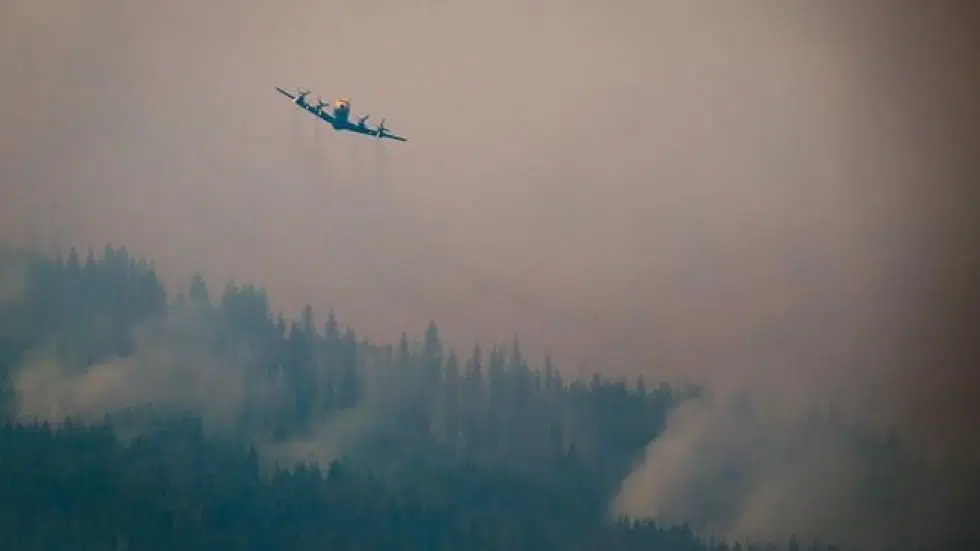
Smoky skies or not, we can all agree with a few things
KAMLOOPS — Last week, during a drive from Vancouver, we took a short break in Hope. It was almost 10 o’clock at night and the fire near Agassiz was raging, mountain aglow and the plume above it a threatening dark grey. As we got out of the car, the air was thick with heavy, grey smoke. Though far enough from the fire, the smell was overwhelming. I could not imagine what it would be like to be right there, gear on, tools and everything, fighting this hot monster up close. Or the rest of the almost 600 fires across the province.
Through my husband’s deployment experiences during the time he worked closely with wildland firefighters, I got to hear many stories that started with ‘smoke so thick…’ and ‘flames coming from both sides of the road…’ and of course, stories of the camps that firefighting personnel had set up near the fires. I cannot imagine what it would be like to breathe that in day in day out. More so when you do heavy physical activity and you breathe a lot more of that smoke in than when you keep your activities and exposure to as low a level as possible.
Which is why I shake my head whenever I hear anyone comment on whether the firefighters are paid too much or whether they are ‘actually fighting the fires’ (since the smoke pouring upon us seems heavier each day, a sign that the fires are spreading.) Short answer is yes, they are. Trouble is, nature tends to be stubborn when climate change catalyzes otherwise natural phenomena into out-of-control events.
Let us all agree that gratefulness for their service should be all that pops in our minds these days. While we take photos of the apocalyptic landscape, or as much of it as is visible, and commiserate over the awfulness of it all, firefighters are living it all from close range. We are learning more about what they go through: exhaustion, dehydration, poor diet and lack of sleep. The big one of course, is exposure to smoke, which can increase the risk of heart disease and chronic obstructive pulmonary disease.


